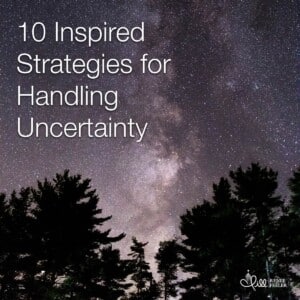
10 Inspired Strategies for Handling Uncertainty by Jill Renee Feeler
10 Inspired Strategies for Handling Uncertainty
Offering ten specific and inspired strategies for handling uncertainty amidst the increasingly unpredictable landscape of personal and business decisions. With these techniques you will feel more confident, capable, realistic and courageous to face whatever comes your way.
I hear from many of my clients and audience members that they used to feel more confident and capable to handle the amount of uncertainty they faced in their personal lives and professionally. For many that confidence is fading, or already feels gone. It can be very confusing how to manage unpredictability.
Our human systems seem designed for managing a baseline of uncertainty and unpredictability. Normal levels of uncertainty may have spikes in some areas of life where predicting what will happen feels impossible and other areas of life that feel stable and very predictable. But when uncertainty seems off the charts high in so many facets of life, simultaneously, then it can quickly feel overwhelming, causing tremendous stress, anxiety and feeling unable to move forward. The human systems don’t like so much unpredictability. Current versions of unpredictability are both short term and long term, further adding to the stress load.
You and I could probably talk for hours, with multiple glasses of wine over how the present sensations of uncertainty are different, more unnerving and even de-centering. But, it feels more productive to provide you with some specific, clear, inspired strategies for how to face your own choices and decisions amidst these new heights of uncertainty.
I will admit here that uncertainty doesn’t freak me out. Hence, these strategies are offered from my own natural comfort with unpredictability, my well-utilized intuition and from my career as a provider of guidance, reassurance and inspired advice. I hope these strategies add something surprising, new and useful in your personal and professional roles as we all move forward, individually and also collectively, into the unknown.
Below are ten specific and inspired strategies for handling uncertainty amidst the increasingly unpredictable landscape of personal and business decisions. With these techniques you will feel more confident, capable, realistic and courageous to face whatever comes your way.
- You’ve faced uncertainty before, successfully, and you can now, too. This awareness is critical. Without this awareness, your brain may be tricking you to believe that in all of your previous good decisions, you had perfect information. You didn’t. And you don’t now either. No one has perfect information in any decision; you included. Deep breath as you re-read this first strategy, as needed.
- Set to the side what doesn’t make sense, what is illogical about the current situation. Consider what doesn’t make sense in regards to the present situation, what is illogical. That thing, may never make sense and you don’t need to make sense of everything, before you can make decisions and move forward in your life. The brain can trick us into thinking we are frozen, stuck where we are until everything can be formed into a logical, rational story of what happened or what is happening. We can pretend that the present irrational situation is like a possible that just needs to be put together. But what if that isn’t what this is. Maybe the situation is more like five incomplete puzzles all mixed up together in one box with parts of a puppy puzzle, parts of a scenic landscape and parts of a holiday wreath. It will never come together and make sense. In that case, spending time trying to make the irrational rational is unproductive, not yielding any clarity; only frustration. But, you can make current, pressing decisions amidst a present state of broader illogical, irrational situations. And you need to, because some of the things that don’t make sense, will never make sense. This is true in important things like the tragic sudden death of a loved one and in more trivial things such as buying a new car, when your previous one was fine. Sometimes things just happen, with no reason. Sometimes actions are taken, that are quite thoughtless. This can feel unacceptable. As humans we regularly want to act is if everything happens for a reason. And we can pretend this is true. But that doesn’t mean it is true. Make space for reflection. Are you trying to make sense of something that just doesn’t? Do you have a complete, single puzzle with no missing pieces that can be successfully put together with sufficient time and effort, or is this not that? Be honest with yourself as you consider these questions.
- Create a contained space for what you wish you could figure out, but can’t. We need a border in our mental space around those unsolvable uncertainties. If they aren’t separated from the other uncertainties then they can fester and loom into a more rational decision analysis, highjacking our ability to make choices and take actions in our lives. One way to create such a mental border is to imagine a professional chef’s stove, with at least six burners. Imagine using one back corner burner for a very special little pot, with a nice fitting lid, where you can visualize placing all of the things that you can’t figure out and will likely never be able to figure out. If you like details, make an actual list of the things that you don’t have figured out (and wish you did) before you made choices and moved forward in your life. Visualize putting that list of things in that pot, and just leaving it there. If you’d like to be more tangible, put the list in an actual envelope. Label the envelope “stuff that doesn’t make sense, that may never make sense.” This may feel a bit silly, but the closure that it can provide the brain, and engaged levels of your psyche, are not silly at all. After you do this, you may notice a reflexive sigh, and possibly feeling lighter, clearer. Closure often can’t be provided any other way for the things on that list. And closure helps us move forward.
- In pressing matters, view your options from the perspective of what you want to try next, and not as a single, permanent decision that can never be reconsidered. Rather than pretend you are making a final decision that cannot be undone, it can feel much more fair and honest to instead ask “What do I want to try next?” When we act as if we are making a lifetime, permanent decision, that can never be changed, we aren’t recognizing the impermanence of most decisions. Situations are constantly changing, warranting so many decisions we make to be revisited, with different choices being made, in business and in personal life. At the risk of being overly dramatic, it is possible that our entire modern society has intellectually dishonest expectations of decisions and choices that are permanent. I find it unnerving in business and in public policy that choices and decisions are viewed as a forever choice, when it could more honestly be viewed as the latest attempt at an ongoing trial of dedicated improvement, not unlike life. Can you imagine a business leader stating to their stakeholders that the next year will include experimental upgrades in specific areas of operations, to be evaluated and adjusted as needed based on actual results? Pretending we know exactly what is needed to remedy a problem or to accomplish a goal just feels naive, knowing how dynamic and unpredictable life is and situations are. Subconsciously, maybe we know that most decisions are related to present information and to the way the future looks from this current moment, which will change. Some standard examples of changing one’s decisions include choosing a career, a major in college, where to live, whom to date, furniture, a hairstyle. Consider how much angst and fret is involved in some of these decisions. It is as if we are making the decisions in a permanent, unchangeable system. But that isn’t real. We could be more honest with ourselves and others that a present career choice will likely change at least once within our lifetime. Many college graduates ended with a different major than they started with. Very few adults have never moved. Very rarely does a mature adult’s hairstyle never change. See my point? Many, many decisions may seem like a permanent choice, with incredible importance, that will never be re-done at another time. And yet, revisiting such decisions and coming to different choices than before is common, even in some of the biggest decisions we make in life. (I think it is clear and yet I’ll express anyway that I’m not referring to permanent decisions, such as whether to have children.)
- Is no decision, no change also a choice? It’s incredibly helpful to remember that in some choices, doing nothing, making no change, is also a viable option. Funny how not doing anything is somehow left off of some choice point analysis. This is particularly true when it involves a sales person, such as a real estate agent, a car salesperson or another individual who really wants a certain change to be pursued. In some instances, we need to slow down a path towards change to add back the option of not making any change. Others who want change may not be happy about it, but adding it back on, when there is a legitimate choice of no change, can feel liberating, and more intellectually honest.
- Seek out experts or experienced parties where possible, if they exist. Does someone know more about the choices and options you face than you? If yes, do what you can to learn from them. If not, then be realistic that this decision is simply filled with some uncertainty.
- If uncertainty is shutting down your decision making ability, then seek out a friend or professional for help. Some people handle uncertainty better than others. I’ve noticed that those who tend to overthink risks or problems, come up with a very complicated set of very unlikely scenarios, shutting down their ability to choose, act and move forward productively in their lives. Others seem to have a better system of analyzing risks, making decisions, and moving through their lives. This latter group can be very helpful to the former group. If you are in the former group then you’ve probably had friends and family try and offer solutions to your problems. If you find your natural responses to be instinctive, and possibly endless retorts to why their solutions won’t work, then you need a professional if you are going to move forward. A neutral sounding board may be required. And you deserve that professional perspective. A professional may be an expert in the field of your specific decision. A professional may also be in the realm of managing uncertainty, creating new life skills for making effective decisions in one’s life such as therapists, counselors, psychologists, etc. Such professionals are for everyone; even healthy, high achieving people who just need someone to listen and to offer a sounding board.
- Reconsider who is impacted by your choices and whether you are giving them enough credit that they can choose to handle, survive and even thrive regardless of the outcome. Leaders and team members of all types can fall into the habit of discounting the ability of other adults to handle certain, seemingly negative outcomes. By being honest with ourselves, we are better equipped to be honest with others, providing them with the information they deserve to make their own choices, and make their own risk assessments amidst the uncertainty. Everyone is unique in their desire to be told the facts, vs. being shielded from them. As leaders and advisers we can foster the emotional maturity in our teams and stakeholders by treating everyone as the adults they are. When I was in the commercial banking industry in the mid 1990’s, I made it through a round of lay offs from a hostile takeover of my bank by Wells Fargo. I remember feeling a sort of survivor’s remorse, and being concerned and compassionate towards those who got lay off packages and lost their jobs with the bank. I also remember being pleasantly surprised over coming months and years to run into some of those who had been laid off and hear about how they had moved on and were doing well. Some reflected that being laid off was a blessing! That isn’t always the case, of course. But to many individuals who seek to make the best out of life situations, they will not only survive but possibly be better off even from what looks like a worst case scenario (losing one’s job). Leaders can develop an unhealthy sense of responsibility for others, in which they avoid possibly necessary decisions (like letting someone go) because they don’t want to feel responsible for ruining someone’s life. But deciding that someone isn’t suited to a certain job, or that a position is no longer needed is not the same as ruining someone’s life. It is definitely impacting someone’s life. However, equating that with ruining someone’s life isn’t giving that person the credit they deserve to make what they will with a justifiable decision that felt prudent and necessary.
- Are you allowing for transcendence in your process of evaluation options and possible actions? Did you know that many patent holders came to their patentable ideas in calm, reflective moments of self such as in the shower, walking in nature, listening to music, letting their mind wander? When we are mentally focused on solving a problem or making a decision our sense of self is constrained, compressed, clamped down on that one issue. This common approach to focusing narrows one’s vantage point, which is detrimental to the process of being more open to the wider range of sensory awareness we have as humans. Inventors, creators, those operating transcendentally know the feeling of having their five sensory systems open while allowing for another range of senses to also be open. The result is often, well, magical. Reflect on what it felt like for Elton John receiving the lyrics to “Your Song” and sitting at the piano to create the music? Do you imagine his mind was focused, his eyes furrowed, his system directed in a narrow, linear manner? Could the music or lyrics to Your Song have been created in a board room in a team environment? Sometimes the most amazing answers and choices just come to you, from the inside out, like a hand reaching to you from deep within yourself. It can also feel like an answer or idea being handed to you from outside. Some of the most amazing creations and discoveries of humanity happen in a very different manner. In these transcendental experiences, the ideas, music, words, answers just arrive, and have a flow of their own. For those who are open to such experiences, it is likely they will want to operate themselves in a manner such that they are regularly, or consistently open them. This is because the outcomes are so much better, even far superior to what their brains could have provided. The best strategy for opening yourself to these transcendental experiences is by being curious. You probably didn’t expect that answer did you? But it’s true. Being curious and staying curious is almost all that is required. Being curious opens our mind, opens our senses and our sense of self to the wider range of senses humans have access to. When we are curious, the most amazing, even genius answers and ideas can simply come to us, as a force of nature from within, from beyond, from outside of the more limited, narrow range of self. In my estimation the majority of leaders, across all of humanity, are trying to solve the biggest problems from that narrow, limited, uninspired, barely curious range of self, leading to linear progress, uninspired thinking, regularly dubious return on investment and unresolved, systemic problems. We can all do better starting by being curious.
- Create balanced expectations about the uncertainty and how to operate within that certainty. Are you overly pessimistic or overly optimistic about a potential outcome? Most of us have a pattern here that needs to be considered. If you tend to be on one side or the other, seek out someone that tends to be on the other end of that spectrum. The more you lean on one end, the more you will benefit from someone on the other end. Without it your choices will be biased towards being overly enthusiastic or overly dismal. Having both ranges of potential outcomes is healthy, knowing that the actual outcome may actually be more in the middle, not dramatic either way. If you are someone who tends to be quite uninspired towards extremes, then seeking out consult and opinion from those on both ends will be helpful to you as well. This balanced approach is particularly valuable to those that operate under the belief that your outcome is fully up to you, your choices which regularly leads to overly confident choices and actions. Any outcome is the effect of a wide range of inputs, most of which are far beyond your authority or control. Being positive and maintaining positive thinking is not a bad thing. But it isn’t the only thing required for something going as successfully as planned.
That detailed list of ten strategies for facing uncertainty helps you better consider your options and make choices. I hope you found it useful, inspired, actionable and pragmatic. These strategies open your mind to view things from a broader perspective and better prepare you to be your best, even in trying, uncertain situations. In other words, being your best when you, and others, need it most.
For additional insights to help you better understand your self, others and the opportunities we all have here in these lifetimes, please sign up for my newsletter here and for a free next steps planning call, book here.
With love and well wishes for a brighter today and tomorrow,
Jill
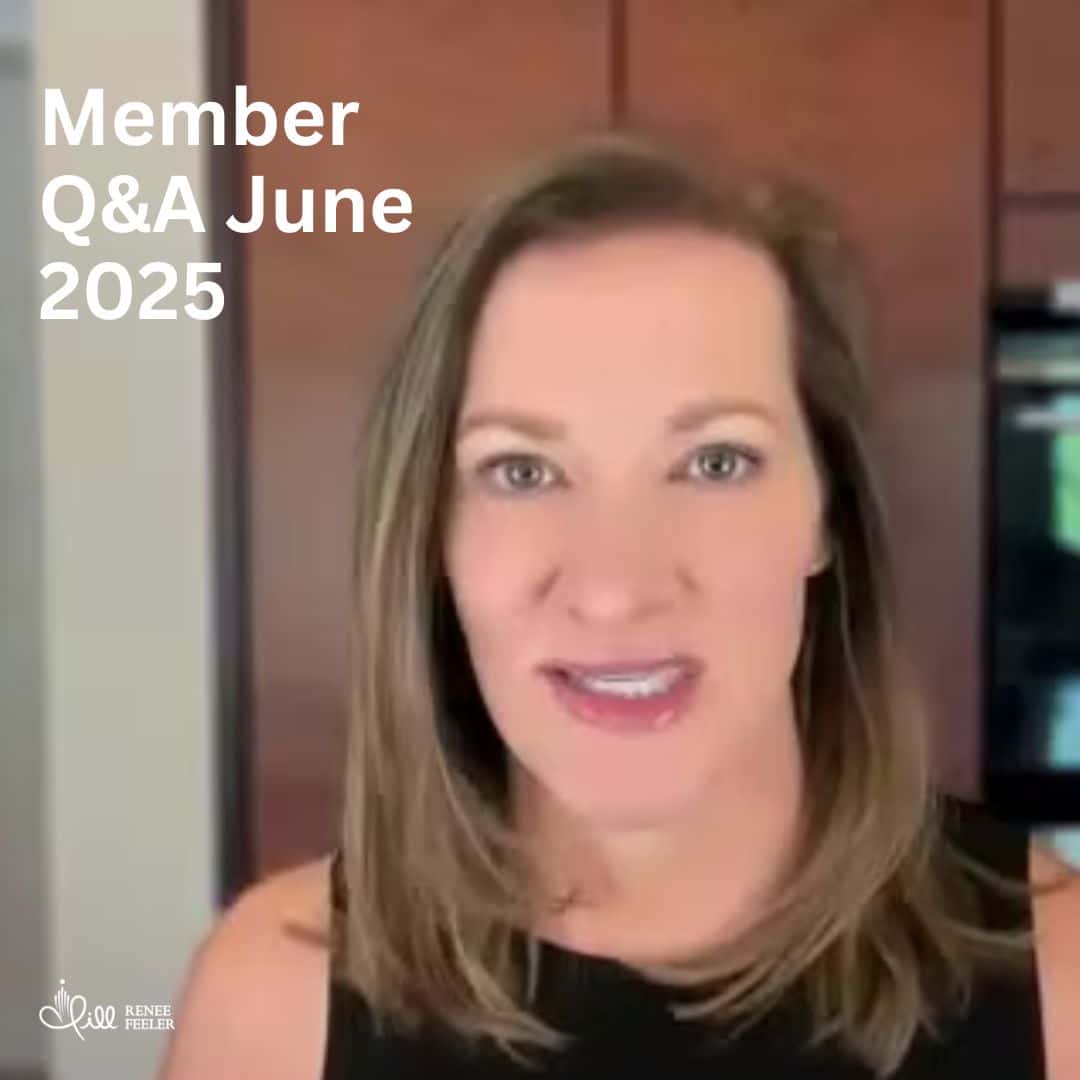
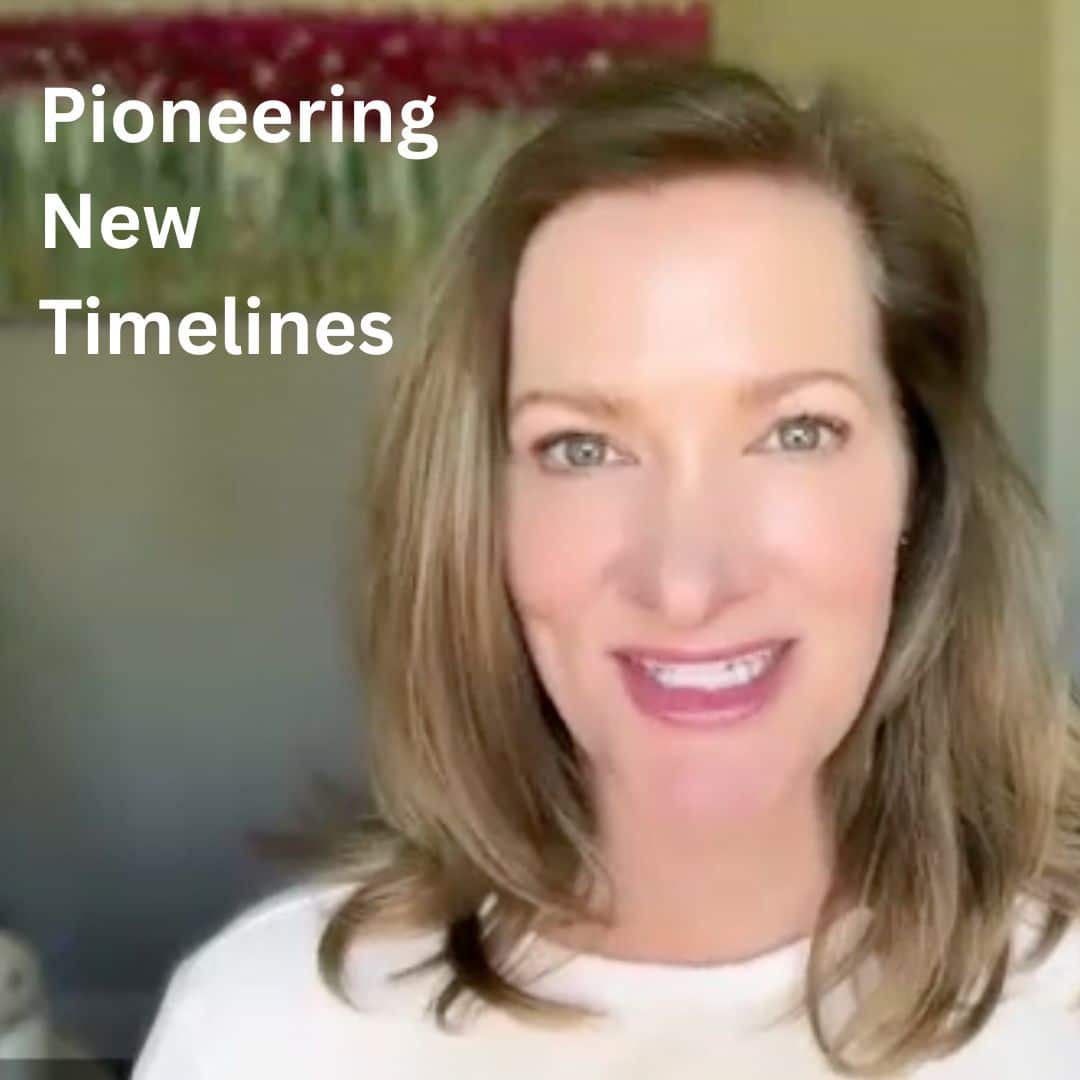
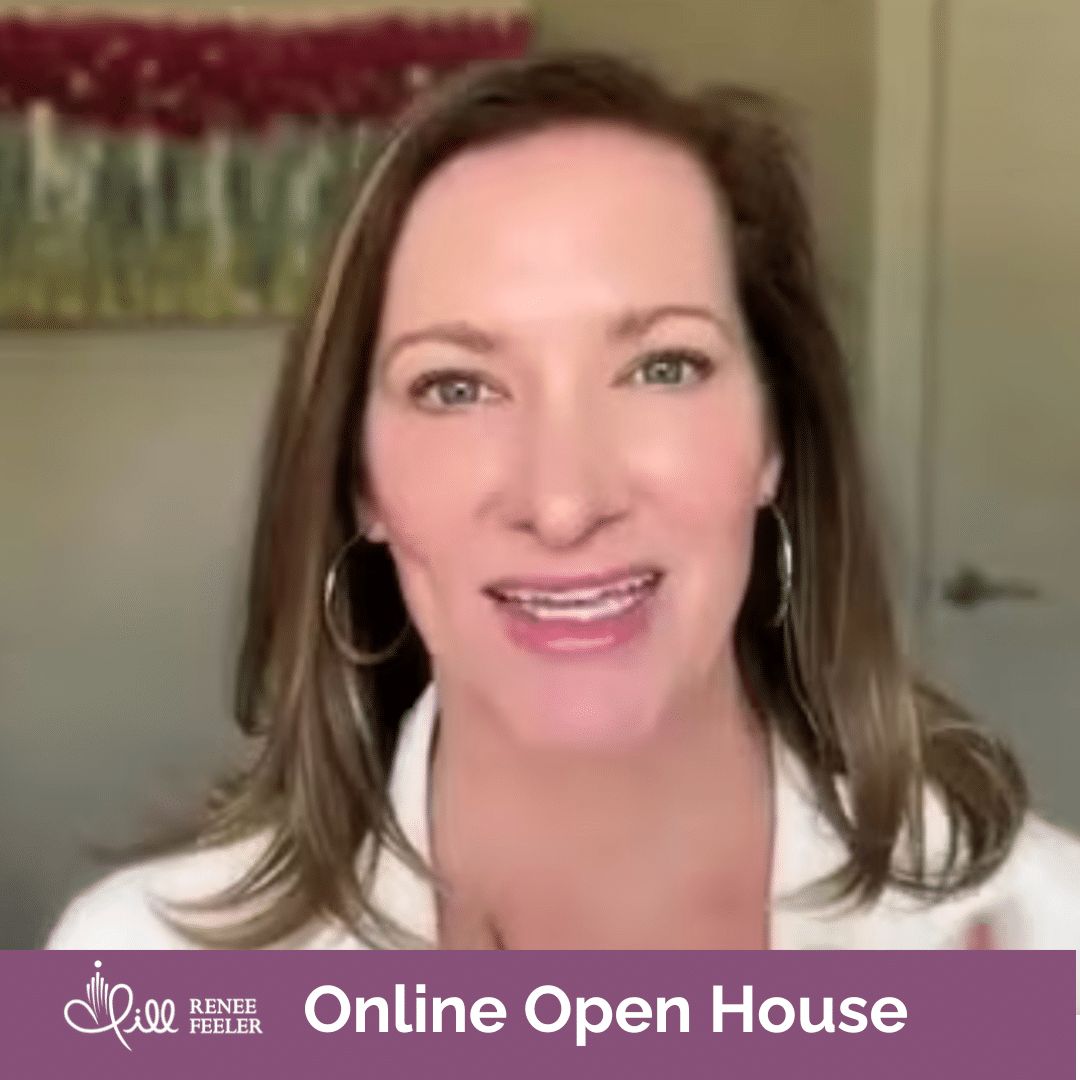
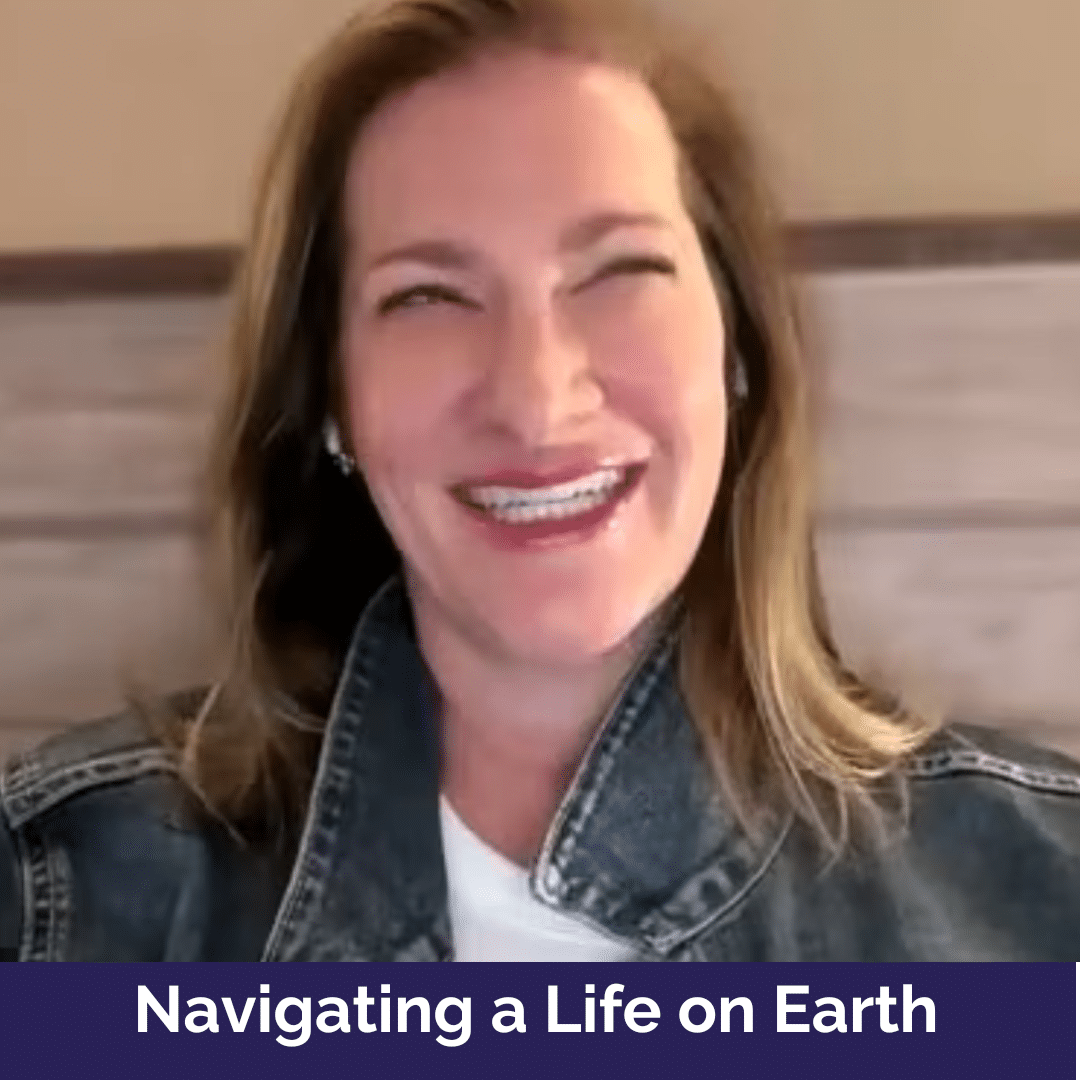
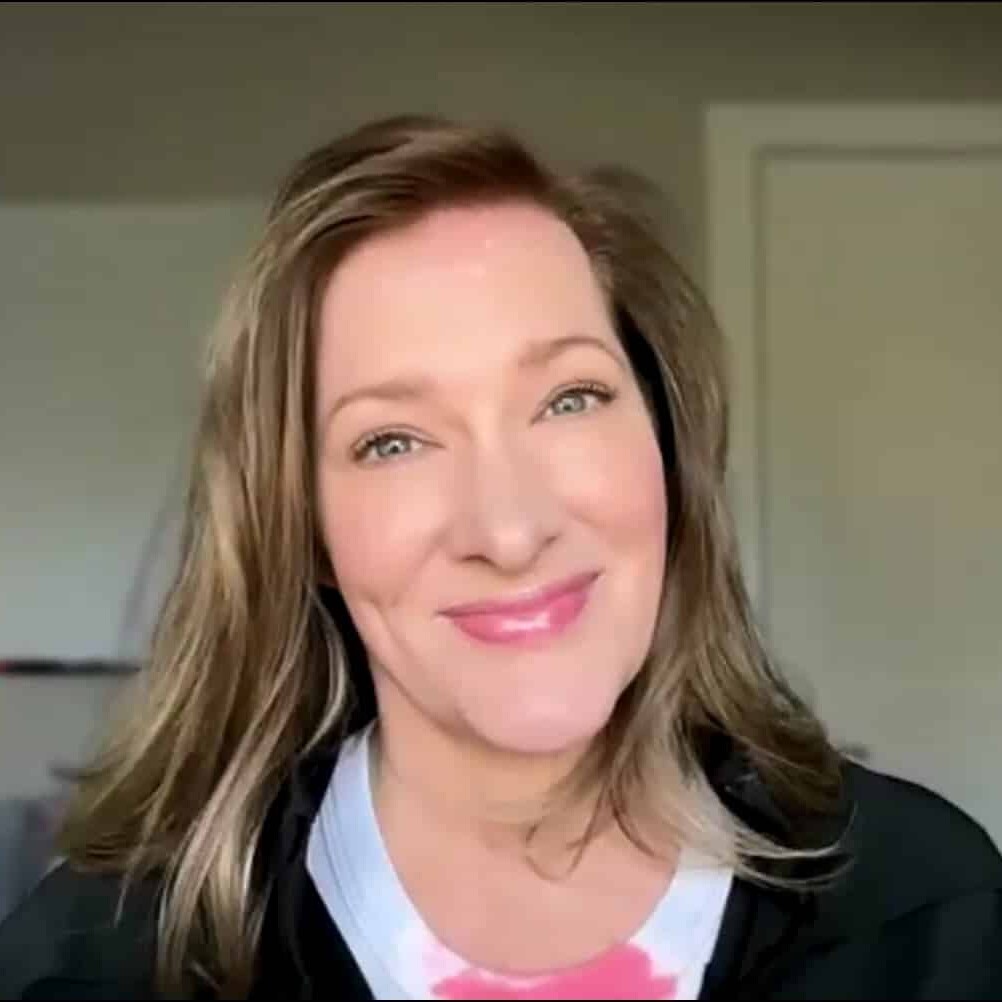
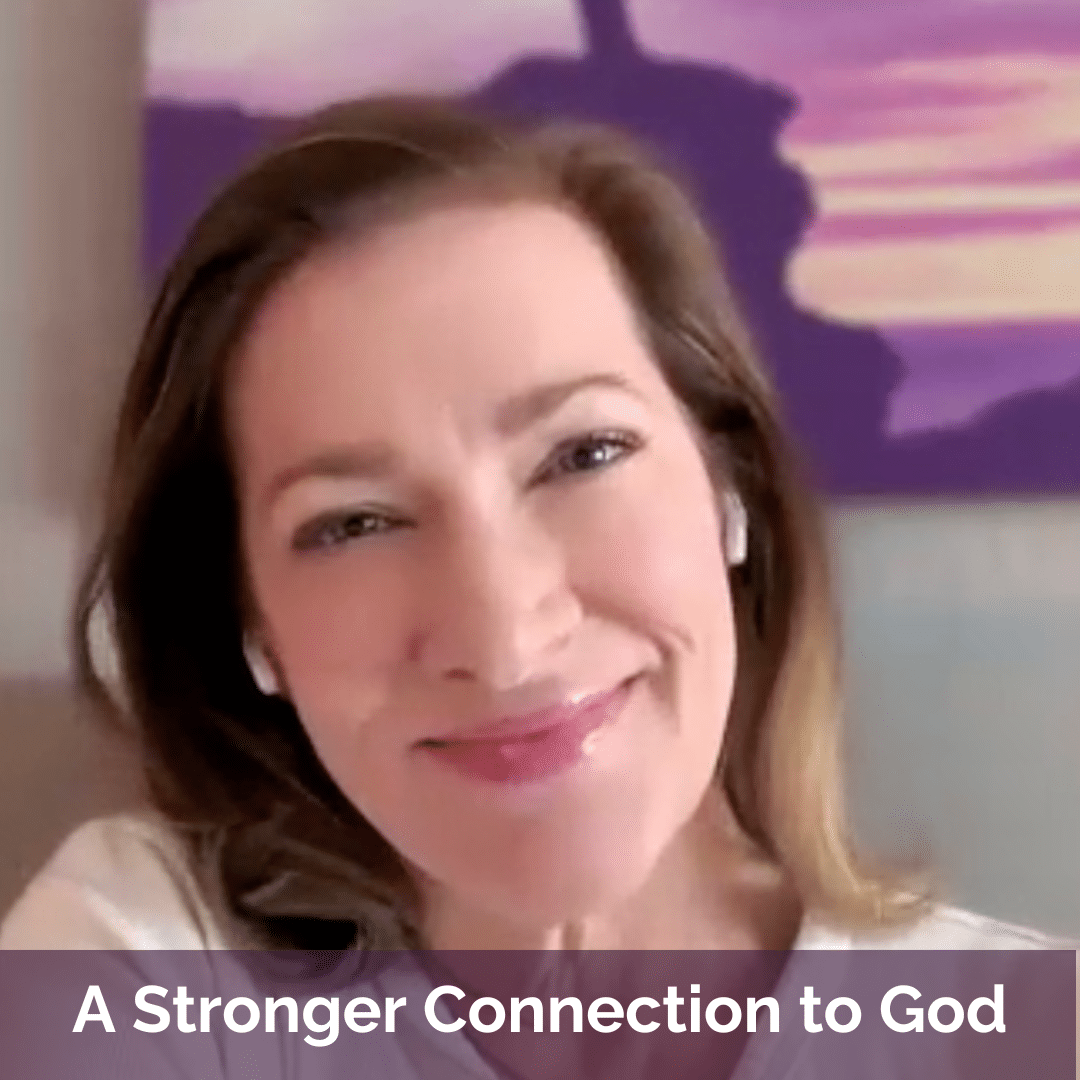
Leave A Comment